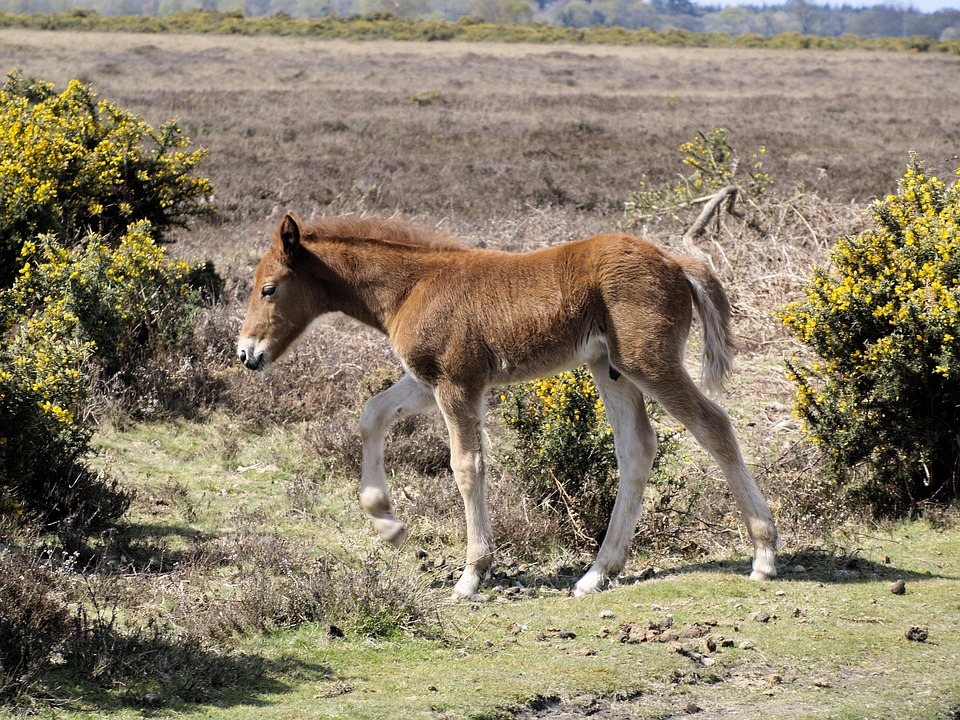“Our children were murdered simply because they had a different name, had a different name and were Muslim,” said Munira Subašić, president of the Mothers’ Association of Srebrenica and Žepa, speaking to more than 100 people on a cold but sunny November afternoon in New York.
She spent 30 years championing the cause of the more than 8,000 Bosnian Muslim men and boys killed in the UN-protected enclave of Srebrenica.
“We are still here”
“This flower means that we are still here and that there will be even more of us,” said Ms. Subašić.
The marble flower has 11 white petals surrounding a green center. The petals represent July 11, the UN-designated International Day of Reflection and Remembrance of the 1995 Srebrenica Genocide. White symbolizes the innocence of the victims; green recalls the shroud placed over Muslims at death, but also new growth and hope.
Despite the horrors of 1995, Ms. Subašić said survivors “raised our children without vengeance, without hatred,” calling them a new generation.
His 12-year-old grandson, Karim, who missed school in Bosnia-Herzegovina to go there today, represented the new generation. He lost his grandfather and great-uncle, along with 70 other family members in 1995.
Participants attend the inauguration of the “Flower of Srebrenica” memorial in tribute to the victims of the 1995 genocide in Srebrenica.
The fight must continue
“I am proud of her,” Karim told UN News of his grandmother. “She is an inspiration. I hope she continues to fight so that no one experiences this again.”
He added that he and his friends don’t talk about what happened because they’ve all lost loved ones and it’s “so sad.”
Countering revisionist history
Speaking at the ceremony, UN Deputy Secretary-General Amina Mohamed said the new monument opposes the denial, distortion and revisionism of history.
“Denialism itself is an attack on humanity itself. It distorts history, dehumanizes its victims and deepens the divisions that make future atrocities possible,” she added.
The Secretary-General’s Special Adviser on the Prevention of Genocide, Chaloka Beyani, called the plea of Ms. Subašić and thousands of other mothers “an act of love and remembrance for the victims” and a global commitment to prevent future genocides.
Deputy Secretary-General Amina Mohammed with other participants at the inauguration of the “Flower of Srebrenica” memorial in tribute to the victims of the 1995 genocide in Srebrenica.
Srebrenica and Rwanda
The Srebrenica Memorial Flower is a gift from Bosnia and Herzegovina to the UN Secretariat within the framework of the Srebrenica Genocide and the UN Outreach Program.
It is close to another genocide memorial – the Kwibuka Flame in memory of the victims and survivors of the 1994 genocide against the Tutsi in Rwanda.
“The monuments to the genocide committed in the heart of Europe and the heart of Africa bear witness to the truth, but also warn humanity to never allow genocide to happen again,” said Denis Bećirović, member of the Presidency of Bosnia and Herzegovina.
Originally published at Almouwatin.com








